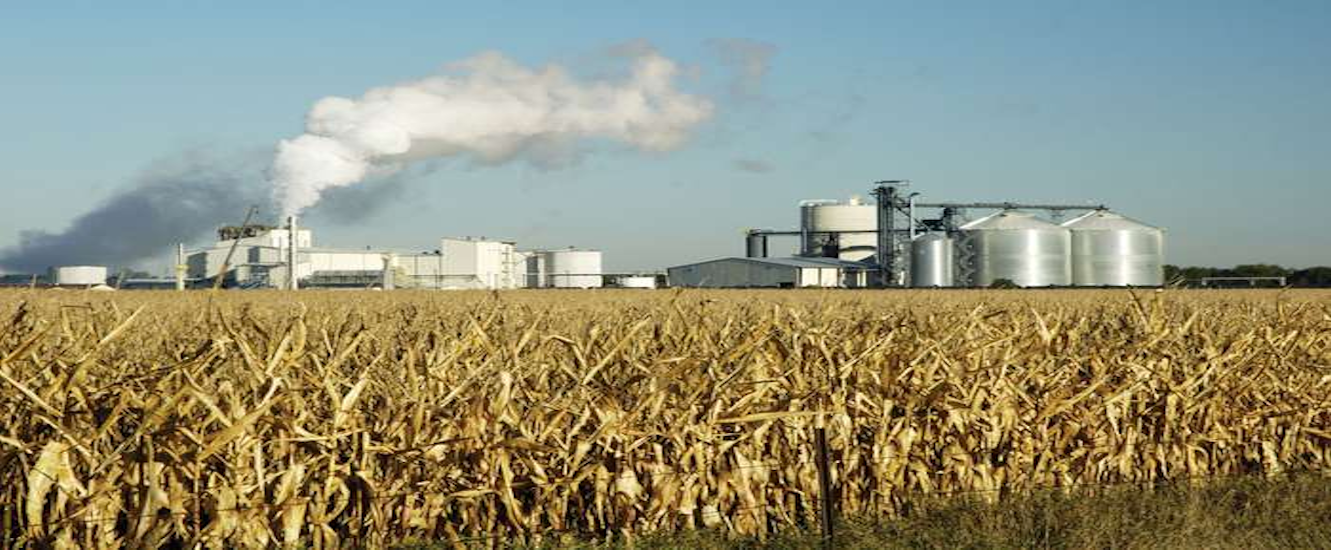
Bio-fuels the Do's and Dont's
Biofuels: A brief explanation
A biofuel is a fuel that is produced through contemporary processes from biomass rather than a fuel produced by the very slow geological processes involved in the formation of fossil fuels, such as oil. Since biomass technically can be used as a fuel directly (e.g. wood logs), some people use the terms biomass and biofuel interchangeably. More often than not however, the word biomass simply denotes the biological raw material the fuel is made of, or some form of thermally/chemically altered solid end product, like torrefied pellets or briquettes. The word biofuel is usually reserved for liquid or gaseous fuels, used for transportation. The EIA (U.S. Energy Information Administration) follow this naming practice. If the biomass used in the production of biofuel can regrow quickly, the fuel is generally considered to be a form of renewable energy.
Biofuels can be produced from plants (i.e. energy crops), or from agricultural, commercial, domestic, and/or industrial wastes (if the waste has a biological origin). Renewable biofuels generally involve contemporary carbon fixation, such as those that occur in plants or microalgae through the process of photosynthesis.
The second most common liquid biofuel is biodiesel, which is made primarily from oily plants (such as the soybean or oil palm) and to a lesser extent from other oily sources (such as waste cooking fat from restaurant deep-frying). Biodiesel, which has found greatest acceptance in Europe, is used in diesel engines and usually blended with petroleum diesel fuel in various percentages. The use of algae and cyanobacteria as a source of “third-generation” biodiesel holds promise but has been difficult to develop economically. Some algal species contain up to 40 percent lipids by weight, which can be converted into biodiesel or synthetic petroleum. Some estimates state that algae and cyanobacteria could yield between 10 and 100 times more fuel per unit area than second-generation biofuels.
A Point To Reflect
Hydronaturals does not support the use of food crops as a bio-fuel. Bio-fuels that are gleaned from products such as food waste are acceptable but until we have fed our people we should not be using land and resources that cause food shortages and higher food prices in order to power our vehicles. Food is a basic need and it should not be overlooked just so we can keep our cars running and the price of fuel down
We present this page for information purposes only and do not condone the use of it except when the product is gleaned from non food crops or bio-waste
If you have an opinion or would like to cast a vote on this issue then Take Our Survey or if you would like to become more actively involved in the green environment and sustaining our food supply then Click Here.
Want some energy saving tips? 8 Ways To Save Energy This Spring



